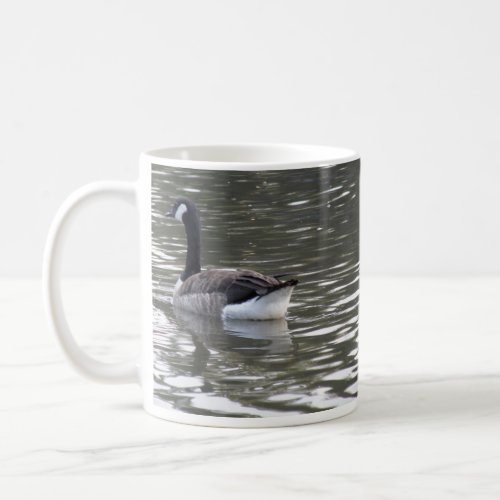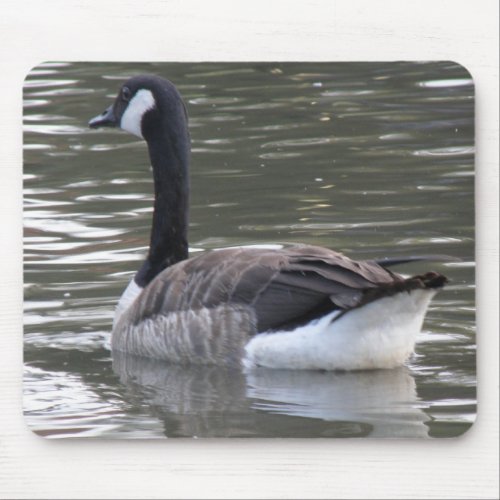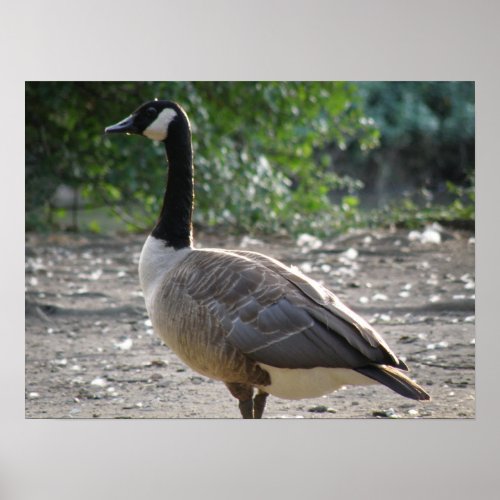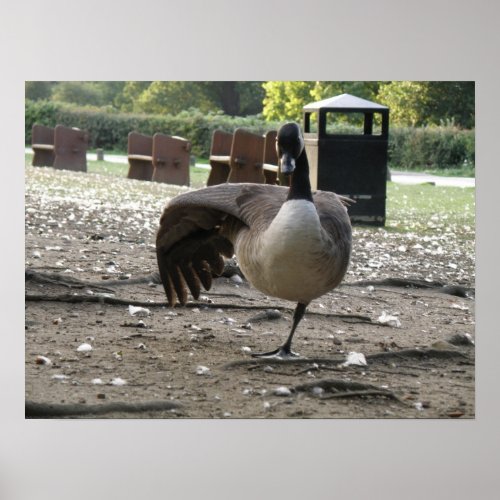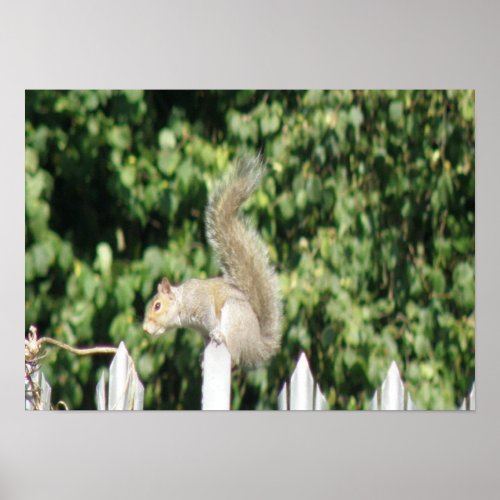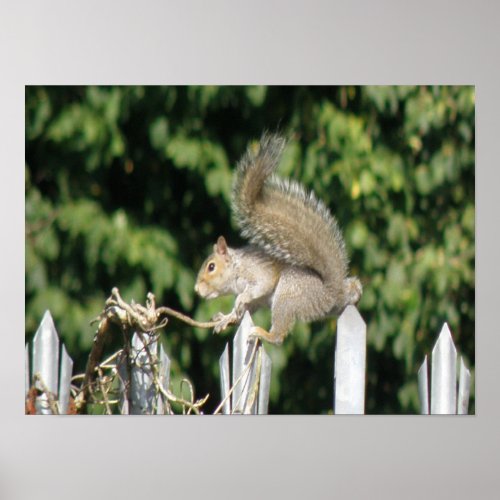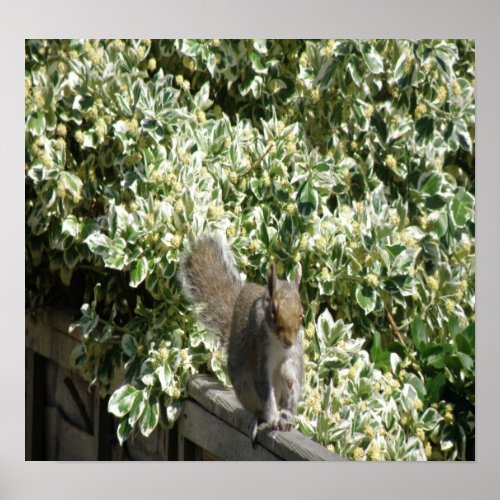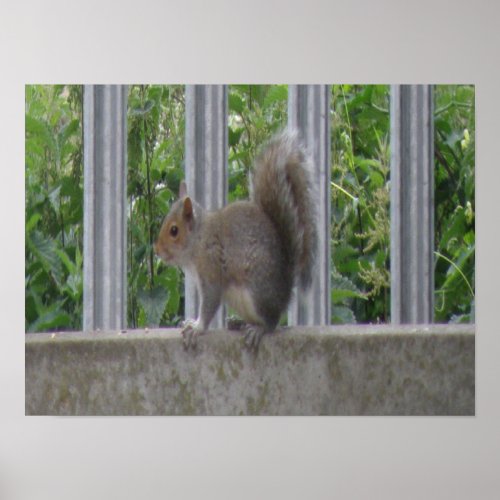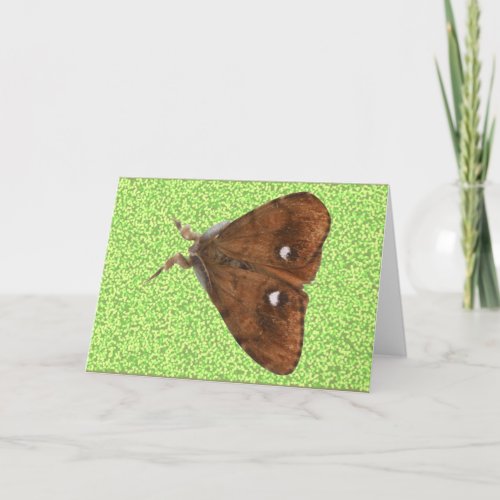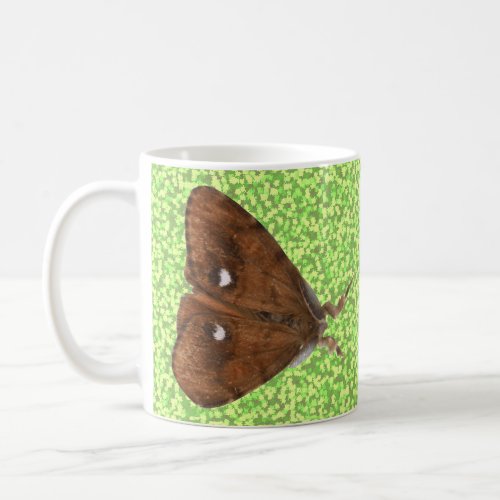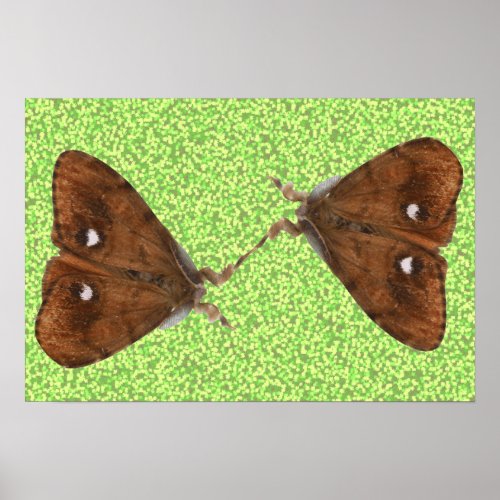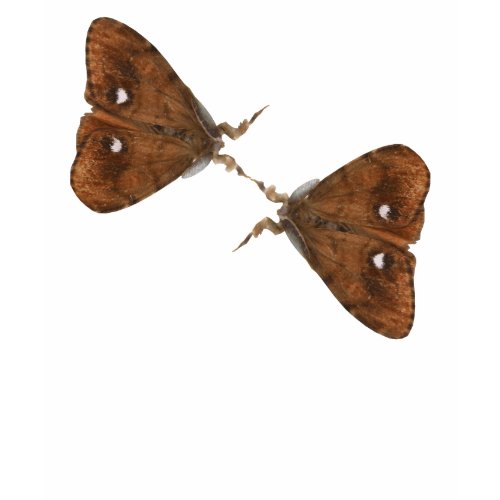Monday, 16 August 2010
Time to welcome the foreigners?
That is a debate that will run and run but what about the immigrants of the animal world? There are so many animals around the world that have made itt to somewhere they don't belong. Many have thrived and some cause problems to native wildlife. You only have to look at the damage being caused in Australia by the Cane toad (Bufo marinus). There are ozzy possums running riot in New Zealand, not to mention foxes and rabbits.
In the UK we have our "immigrants" too and one of them may come as a bit of a shock. We all know about mink. They were being farmed for their fur in captivity when some escaped and others were liberated by well-meaning but naive animal rights activists. The water vole population has suffered as a result.
Now we have Indian Ringneck parakeets flying free over London and Canada Geese swimming alonsgide our beautiful Aylesbury Ducks. Wild boar have escaped and are reclaiming the forests they once roamed.
My favourite of our "aliens" is the Grey Squirrel, an animal that is not native and cannot legally be released into the wild even if it was rescued and helped to recover. This seems a bit wrong to me. If you haven't read about Horatio the squirrel on my blog go back and read his story. Had it been possible to catch him and help him recover from his injuries it would be illegal to let him go back in the wild. I hate this law, why should a wild animal be caused suffering by being kept in a cage when it was born in the wild here and does not pose a significant threat to other animals.
The squirrel issue really winds me up. Yes they pass disease to red squirrels, but guess what they catch diseases from reds too. The real villian in the plight of the red squirrel is man for cutting down their trees and building houses and roads through their habitat.
Surely by now it must be time to accept our immigrant animals where they are not causing significant harm to native wildlife, I think so.
I conclude with some products from ny store Natural Beauty showing these "aliens" free and wild doing what they do and charming us all.
Thursday, 12 August 2010
The Amazing Vapourer Moth
This animal totally fascinated me so I kept it indoors and fed it on dandelion leaves, not its typical diet but it ate them with gusto. It grew rapidly, as caterpillars tend to do, and soon entered into a chrysalis.
In the meantime I had identified the species as a Vapourer moth. Not just an extroadinary looking caterpillar but quite an unusual moth. Firstly the female is wingless. She will release chemical signals called pheromones. These chemical scents will attract a male. The male mates with her and she lays her eggs on the remains of her own cocoon. The female never flies.
The male is a day flying moth, not nocturnal like the majority of moths. He is very beautifully marked with his brown wings and their striking white eye spots.
Luckily mine turned out to be a male and after taking a few photos I let him go on his way. Here are some of the lovely products I made using one of my Vapourer moth photos.
